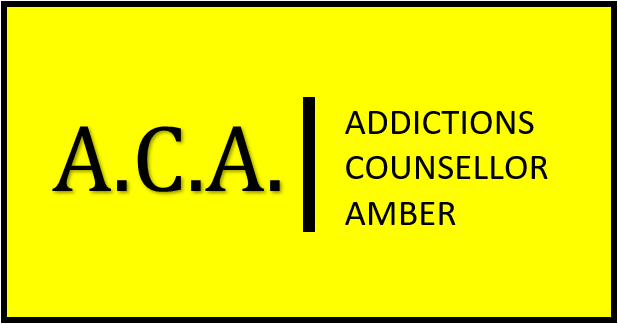Finding Serenity Within: A Beginner's Guide to Meditation in Addiction Recovery
In addiction recovery, cultivating inner peace and self-awareness is essential.
Meditation is a powerful practice that can help you navigate the challenges of recovery, reduce stress, and strengthen your commitment to sobriety. In this blog post, we will provide a beginner's guide to meditation, along with practical tips to help you integrate this transformative practice into your daily life. If you feel you need additional support on your recovery journey, don't hesitate to contact me for personalized addiction counseling assistance.
1. Start Small:
Begin your meditation journey with short sessions, aiming for just a few minutes each day. As a beginner, it's important to build a habit and gradually increase the duration over time. Consistency is key, so find a time and place where you can regularly practice without distractions.
2. Find a Comfortable Position:
Sit in a comfortable position that allows you to relax and remain alert. You can choose to sit cross-legged on a cushion, use a chair with your feet flat on the floor, or even lie down if necessary. Experiment with different positions and find what works best for you.
3. Focus on Your Breath:
Direct your attention to your breath as you inhale and exhale naturally. Notice the sensation of the breath entering and leaving your body. If your mind wanders, gently bring your focus back to your breath without judgment. This practice of returning to the present moment builds mindfulness and concentration.
4. Explore Guided Meditations:
Consider using guided meditations to support your practice. Numerous apps, websites, and podcasts offer guided meditation sessions specifically designed for addiction recovery. These resources can provide structure, guidance, and soothing voices to help you stay focused and centered.
5. Embrace Mindfulness in Daily Life:
Extend the benefits of meditation beyond your formal practice by integrating mindfulness into your daily activities. Pay attention to the present moment as you eat, walk, or engage in routine tasks. Cultivating mindfulness throughout the day can enhance self-awareness, reduce stress, and strengthen your recovery.
6. Be Kind to Yourself:
Be patient and compassionate with yourself as you explore meditation. It's natural for the mind to wander, and thoughts and emotions to arise during your practice. Instead of getting frustrated, simply acknowledge these distractions and gently guide your attention back to your breath or chosen focal point.
7. Seek Community and Support:
Connect with like-minded individuals who embrace meditation and recovery. Attend meditation or mindfulness-based recovery groups, or join online communities where you can share experiences, find support, and learn from others on a similar path. The sense of community can be a valuable source of encouragement and inspiration.
Conclusion:
As you embark on your meditation journey in addiction recovery, remember that it's a process of self-discovery and growth. By incorporating meditation into your daily routine, you can cultivate inner peace, enhance self-awareness, and strengthen your commitment to sobriety.
If you find that you need personalized guidance and support on your recovery journey, I am here to help. As an experienced addiction counselor, I offer a compassionate and non-judgmental space where we can explore the challenges you face and develop strategies for long-term recovery.
Don't hesitate to reach out and schedule a counseling session with me. Together, we can navigate the complexities of addiction, integrate mindfulness practices, and empower you to lead a fulfilling, sober life.


